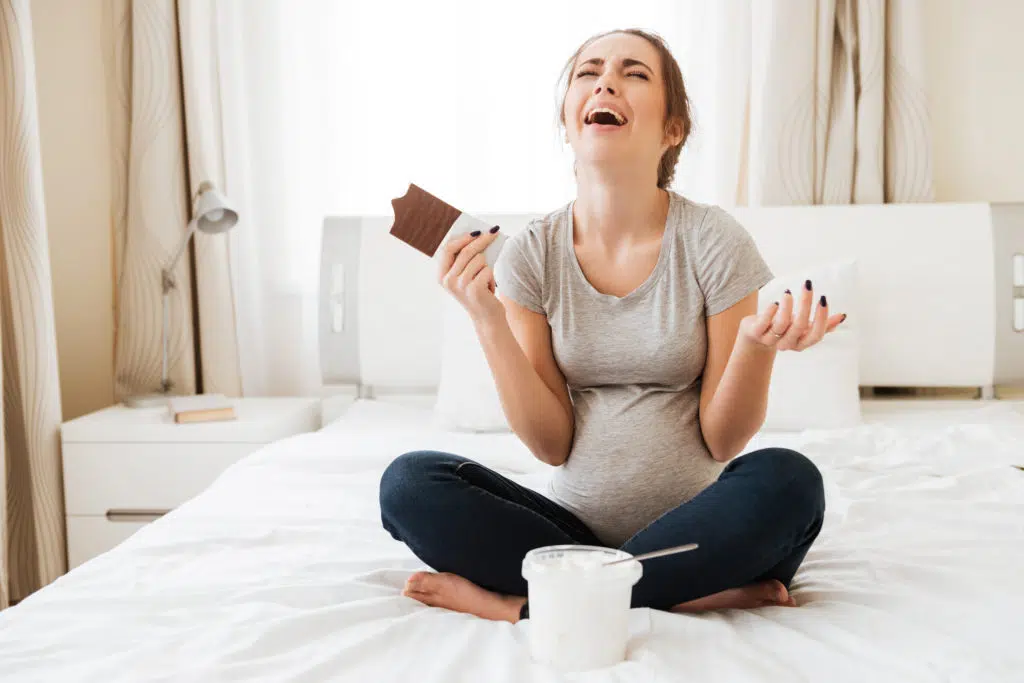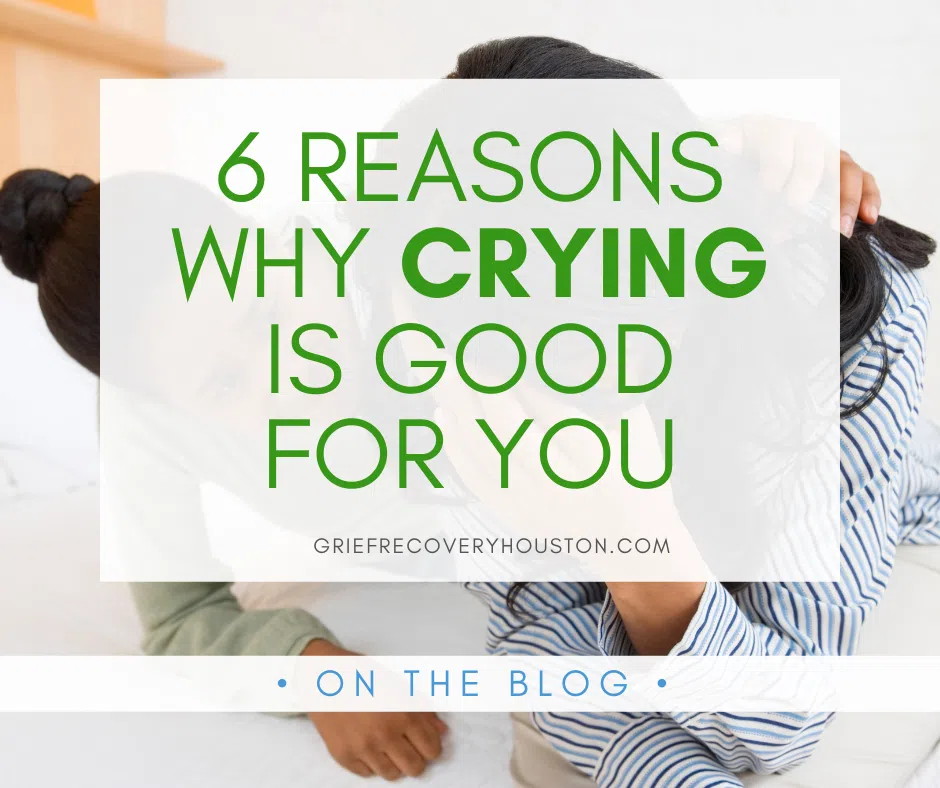- The Benefits of Joining a Grief Support Group - October 3, 2024
- Unpacking Grief and Disability - July 8, 2024
- Breaking the Stigma: 5 Blogs to Better Understand Suicide - May 21, 2024
Grief and loss are dealt with very differently from person to person. Some people overcome their grief privately, while others grief with the help of a community of loved ones. Grief recovery journeys all look different depending on the griever’s ability to cope with their loss. When it comes to finding comfort
This week, we are going to go through a series looking at the effects of grief eating after a loss. It involves a new relationship a person overcoming loss can develop with food that can become a real problem over time.
When we think of grief eating, we think of those romantic comedies where a girl indulges a bucket of ice cream after the loss of a relationship. Grief eating, however, isn’t as simplistic as a sulking session with comfort foods and your best friends. Splurging on comfort foods can turn into daily events that can get out of control when we don’t know how to control our emotional ties to food and grief eating. Let us understand why we turn to food to overcome our grief and the effects it can have on our grief recovery journey.
Read: How to Deal with Identity Changes After Loss
Why Do We Overeat When We’re Grieving?
There are some reasons why we can form a habit of grief eating, but mainly it is sought as a coping mechanism as a result of the loss. But, how does grief cause you to become attached to eating and consuming foods? Here are a few reasons to consider:
Comfort Grief Eating
When we experience the loss of a loved one, certain senses, especially the sense of smell can elicit the memory of our loss. Scents can trigger strong emotional memories that cause us to have feelings of longing and remember the good times we had. For example, the smell of chocolate chip cookies can elicit a precious memory of your grandmother who baked them every weekend, thus causing you to want to eat some chocolate chip cookies to relive the moment.
There is comfort in grief eating that creates a compulsion for us to come back for more food. This is especially the case with certain fatty foods or foods high in sugars that triggers the dopamine in our brains. Ultimately, we get hooked on the good feeling of eating these foods, and we end up in a vicious cycle of grief eating.
Grief eating can also be taught from an early age. If you remember being served comfort foods when you were sick or when you were hurt by your caretaker; this learned response causes us to seek out food to make us feel better or to ease our pain. We are rewarded with food, which is why grief eating can be very challenging to overcome.
Rationalizing Our Grief Eating

Another challenging reason why we end up becoming addicted to grief eating after a loss is because of the perception of our loss itself. When we embrace a victim’s mindset after a loss, we tend to give ourselves every excuse in the book to do whatever we feel like instead of realizing the responsibilities we still have around us.It is entirely understandable to go through a journey towards grief recovery. However, grief eating is generally caused by a rationalization that we deserve to do whatever we feel like. When we experience a loss, what we do can feel meaningless and purposeless. We rationalize that nothing else matters anymore, therefore if grief eating can fill a void to our feelings of emptiness, we’ll accept it without hesitation.
Emotional Decisions Leading to Grief Eating
After having experienced a loss, we can become lethargic to most of our daily pleasures and activities. While some may lose their appetite and stop eating to cope with their emotions, others can turn to grief eating based on their negative moods.
It can be as simple of an excuse as “I don’t feel like cooking,” that can spiral into an endless stream of eating out with unhealthy choices, getting takeout foods that are less than stellar to our health, or getting delivery to avoid activities and people. The problem lies in the proportions that come with deliveries and take-out options. Grief eating turns into a marathon of unhealthy choices and portions that can eventually cause us to overeat. Also, our emotional decisions can cause us to eat out of boredom or lead us to mindlessly eat because we eat when we feel sad.
Availability of Foods for Grief Eating
Typically when there is a loss of a loved one, friends and family will likely offer to provide food and cook for you while you are going through your grieving process. This is also a time where you can become vulnerable to using food and grief eating as a source of comfort because it is so readily available. It becomes a tool to cope with your pain, as it is sitting front-row, entirely available to you to console with your emotions.
Instead of having to deal with real people, food becomes a support system for you to turn to when the stresses of your loss trigger you. Grief eating in this way can turn into a habit that can quickly become overeating, which is very difficult to stop.

The Consequences of Grief Eating
Grief eating has an overall adverse effect on a healthy grief recovery process. It can seem like a good idea at first because of the comfort it provides, but the consequences of grief eating are that it can lead to other emotional and mental distresses. It has long-term side effects that can affect your overall health in the future, such as increased weight that can escalate into potential health risks. Other consequences include guilt, shame, and low self-image due to your weight gain, along with physical aspects such as tiredness.
So, what can you do to stop the cycle of grief eating? Join us next week as we explore the different ways to stop grief eating after a loss. You can also contact us at the Grief Recovery Center in Houston, TX, for more info today.









Thank you
This is happening to me at the moment. I have lost two sisters and recently one of our pet cats this year in the last few months. Initially i lost weight as i wasnt eating with the shock of so many bereavements but as the weeks have gone on i am eating non stop and putting on weight. I am not even hungry and i just sit and eat for the sake of it, i dont even feel guilty. I had never heard of grief eating before but i think i definitely do this. I am not sure how to stop and hope in time i can get to grips with it.